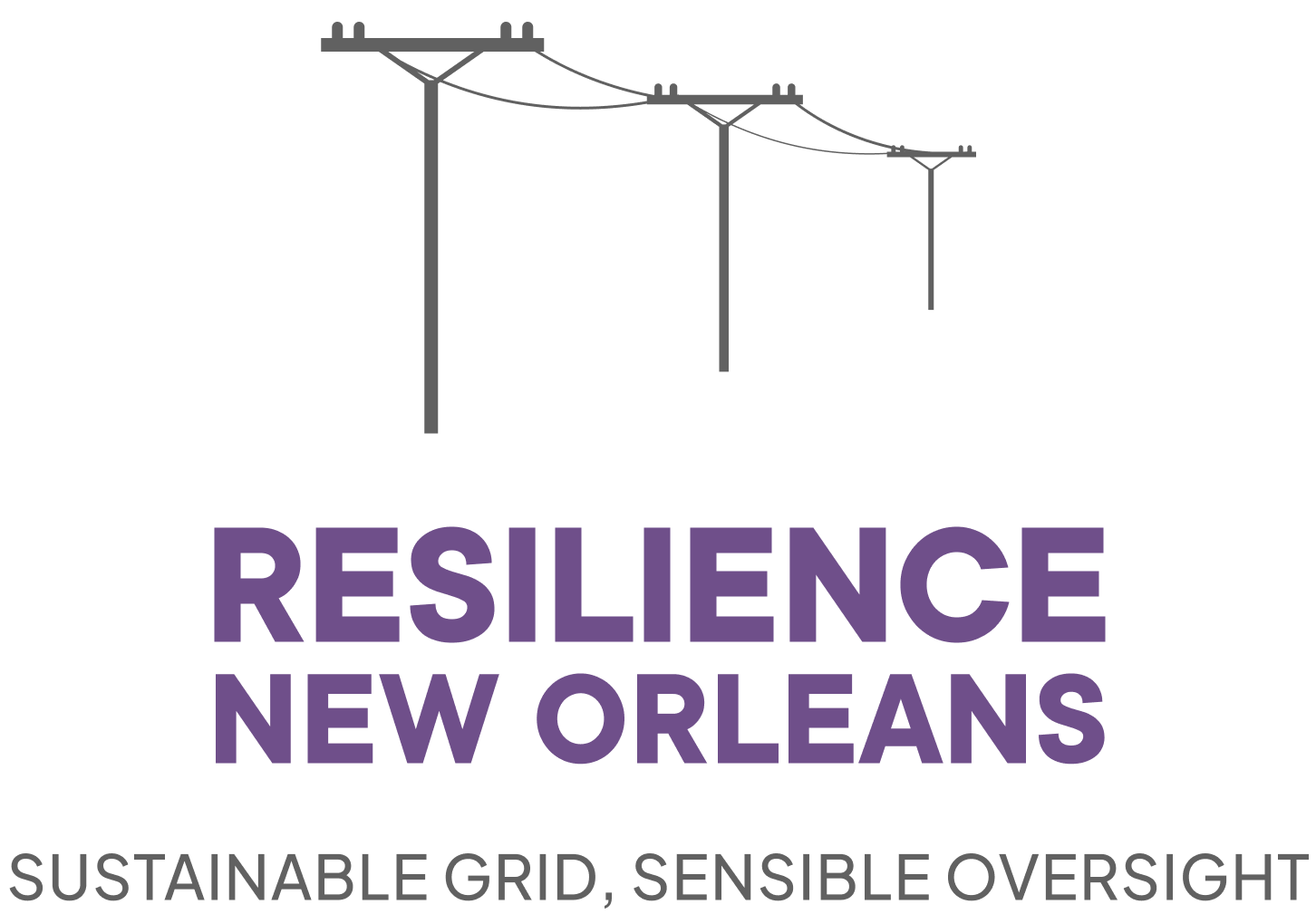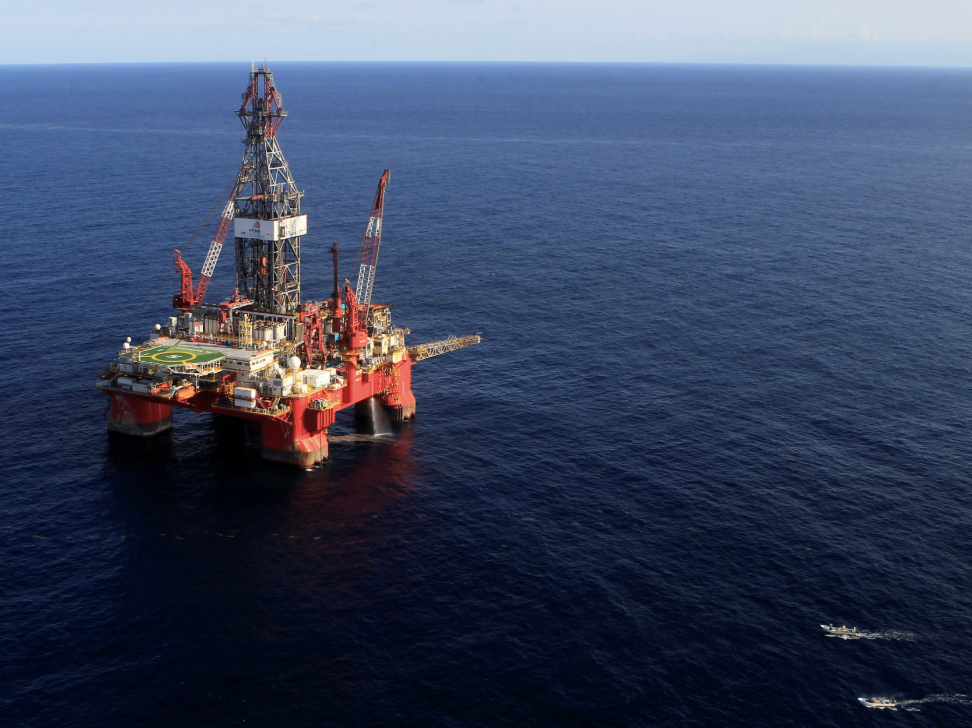A recent federal court decision hit pause on a new round of offshore oil leases in the Gulf of Mexico—not because drilling was off the table, but because the environmental review didn’t hold up. The ruling sends a clear message: we can’t afford to go on autopilot when it comes to energy development, especially in a region like the Gulf South.
At Resilience New Orleans, we’re not in the business of pointing fingers. The truth is, we all use oil and gas products—every car ride, every air conditioner, and yes, even this blog hosted on energy-hungry servers is powered by a grid still largely fueled by fossil fuels. But shared use also means shared responsibility.
And that starts with expecting more from the companies that drill in our waters and operate in our communities.
A Personal Story
This issue is personal for me. My father died when his employer, UNOCAL, declined to evacuate his drilling ship ahead of a typhoon in the Gulf of Siam. It wasn’t a technological failure. It was a failure of judgment—of treating risk like a line item rather than a life.
Years later, I worked on the fallout from the BP Deepwater Horizon disaster. It was the largest marine oil spill in history, but what stuck with me was a different detail: BP’s official Gulf drilling plan included protections for walruses—an animal that doesn’t live anywhere near the Gulf. It was a small but telling oversight, revealing just how little scrutiny some of these documents actually received.
We can do better than that. We have to.
What the Court Ruling Means
This recent decision doesn’t ban drilling. It simply requires that government agencies take climate change and community impacts seriously when reviewing projects. It’s about raising the bar on how we define “due diligence” in a world where storms are stronger, coastlines are disappearing, and frontline communities bear the brunt of the damage.
It’s not unreasonable to ask: what is the long-term plan? How does offshore drilling fit into a future that is warming faster than expected? And what responsibility do energy companies have—not just to their investors, but to the places they operate in?
We Need a Plan
Energy companies are some of the most technically advanced organizations on Earth. They operate complex systems in harsh environments. They innovate constantly. So we ask: why not bring that same level of rigor and ambition to climate responsibility?
What’s the plan for reducing emissions?
What’s the plan for protecting communities from pollution and storm damage?
What’s the plan for making sure the Gulf isn’t treated as a sacrifice zone?
We’re not looking for perfection. We’re looking for progress—and transparency.
Building Real Resilience
Here in New Orleans, resilience isn’t just a buzzword. It’s a lived experience. We know what it means to rebuild after disaster. And we know that energy policy must evolve to reflect the realities we face.
That means smarter regulations, better risk assessments, and energy strategies that protect people as much as profits. Offshore drilling may be part of our present, but it shouldn’t define our future.
Let’s make sure the future is one we can all live with—and one where environmental review plans know the difference between a manatee and a walrus.
© 2025 Resilience New Orleans – All Rights Reserved.

